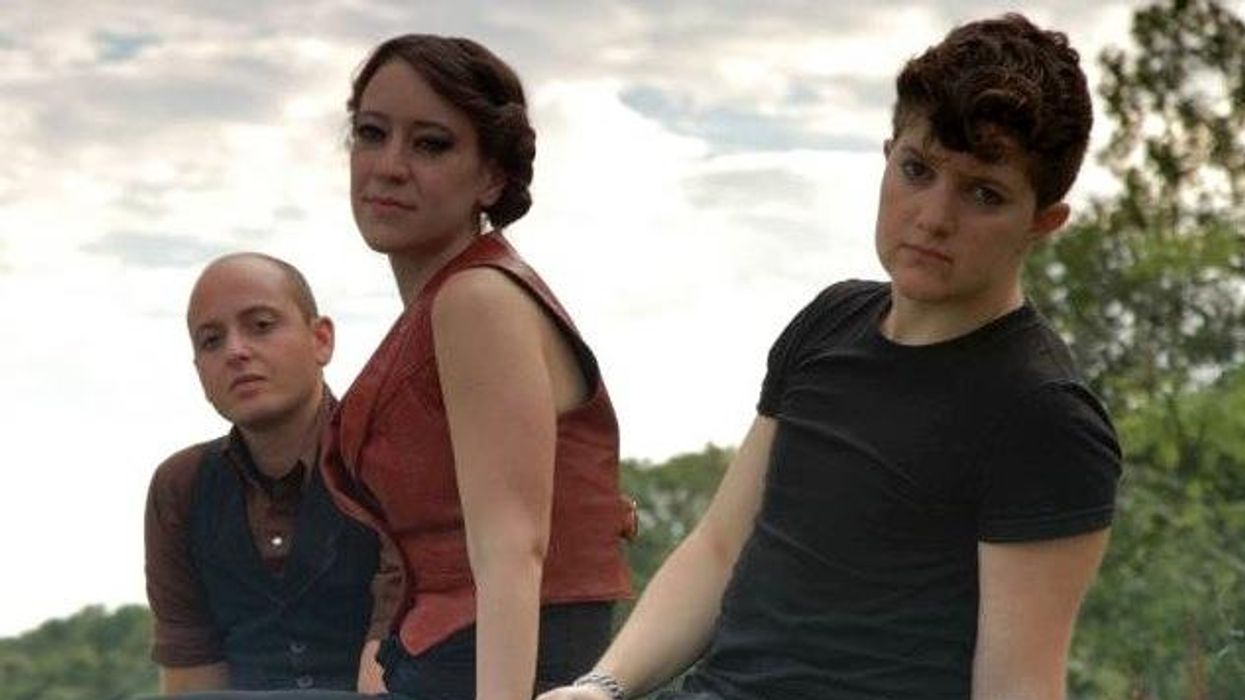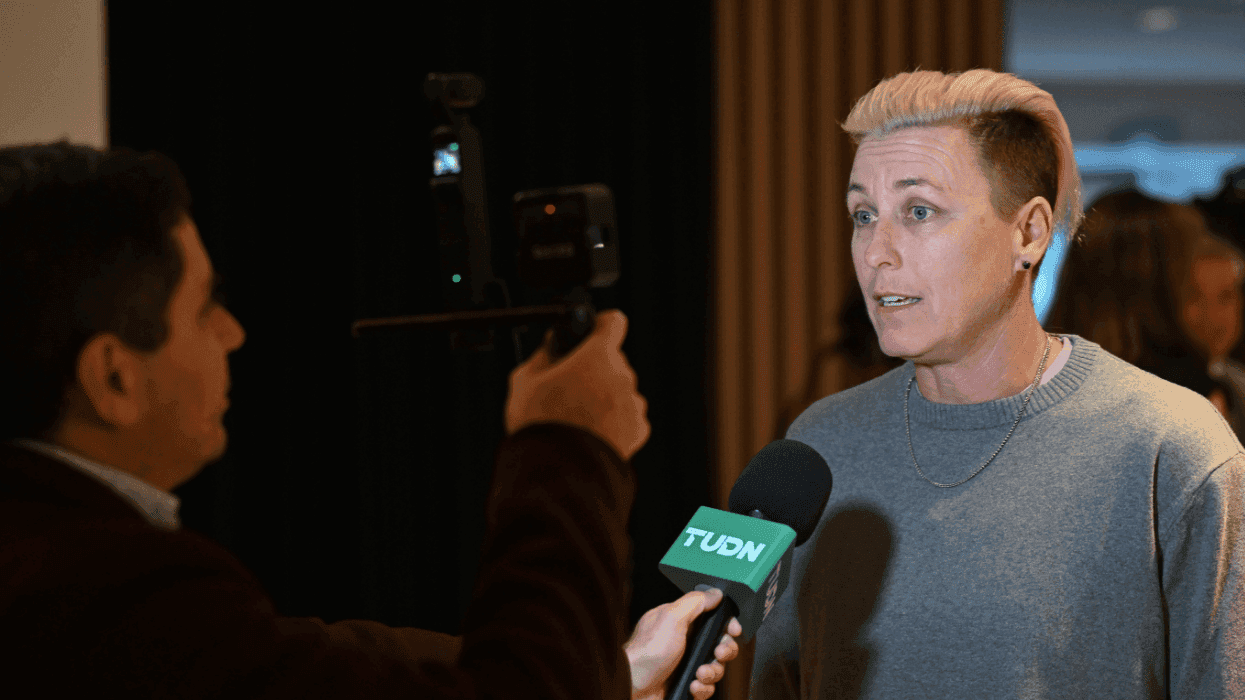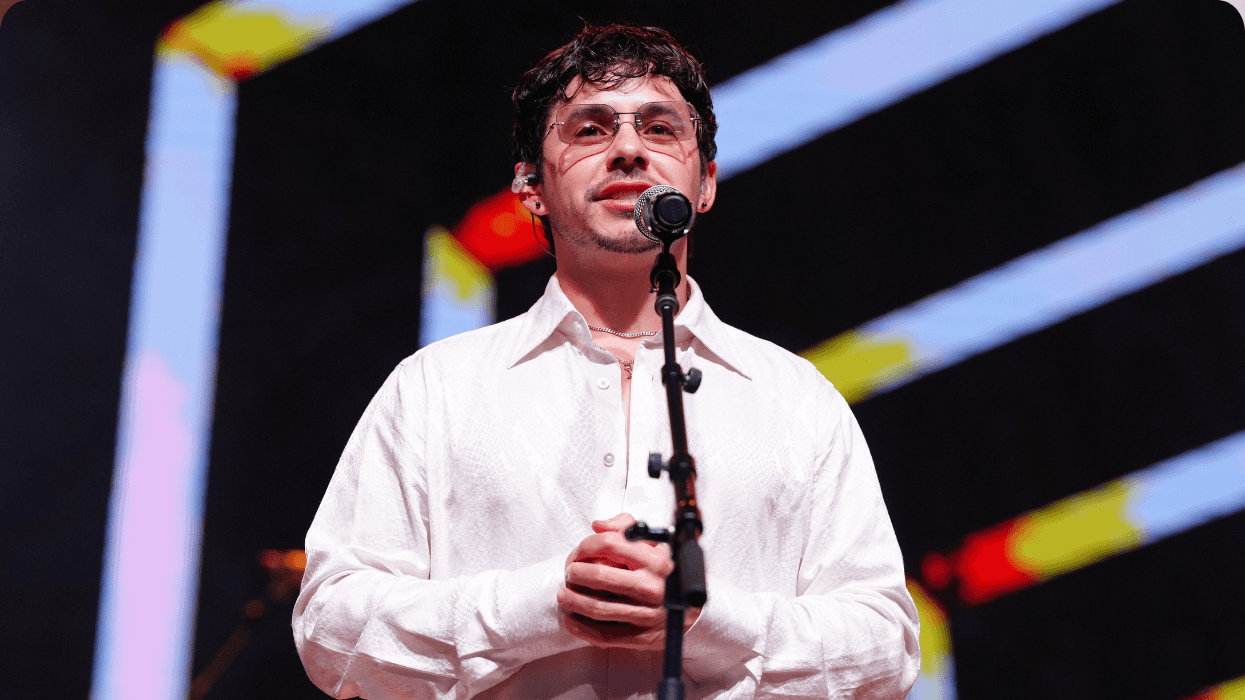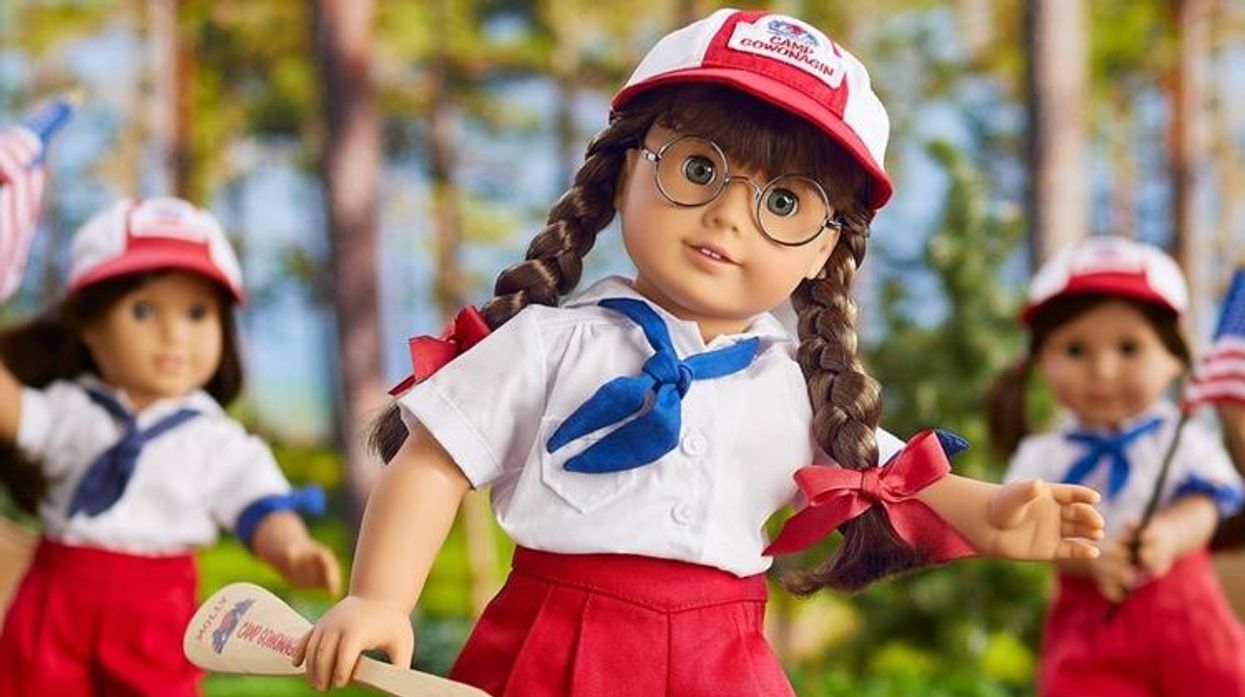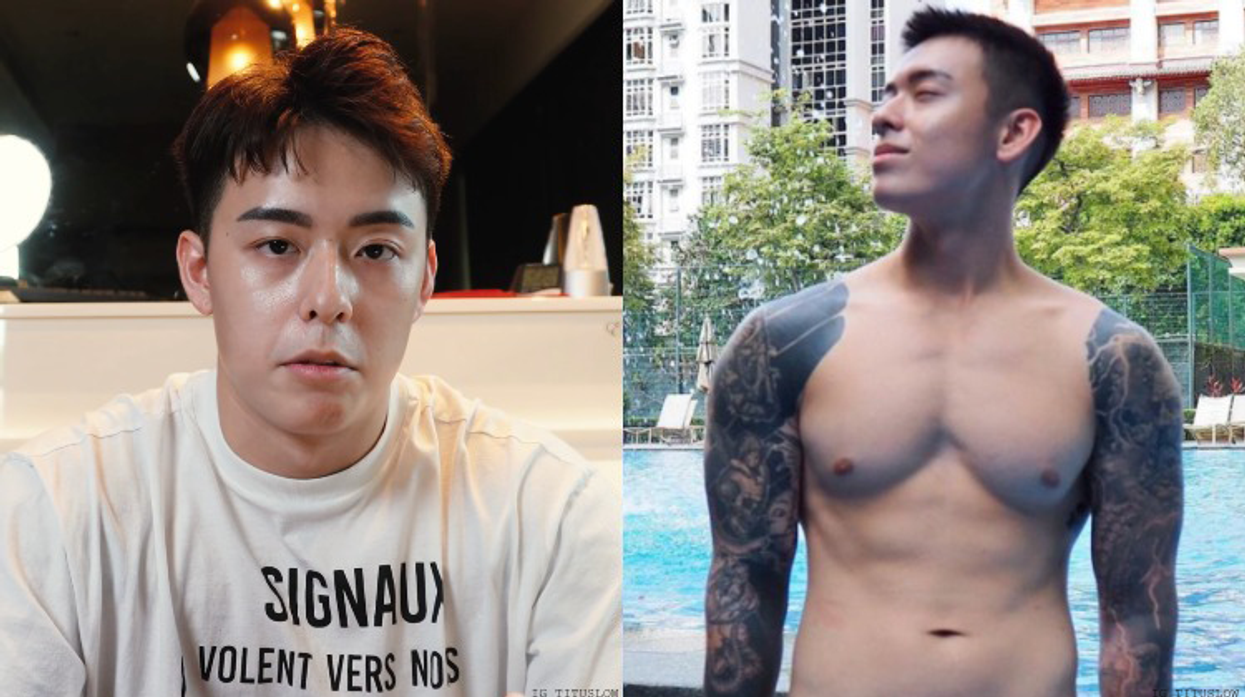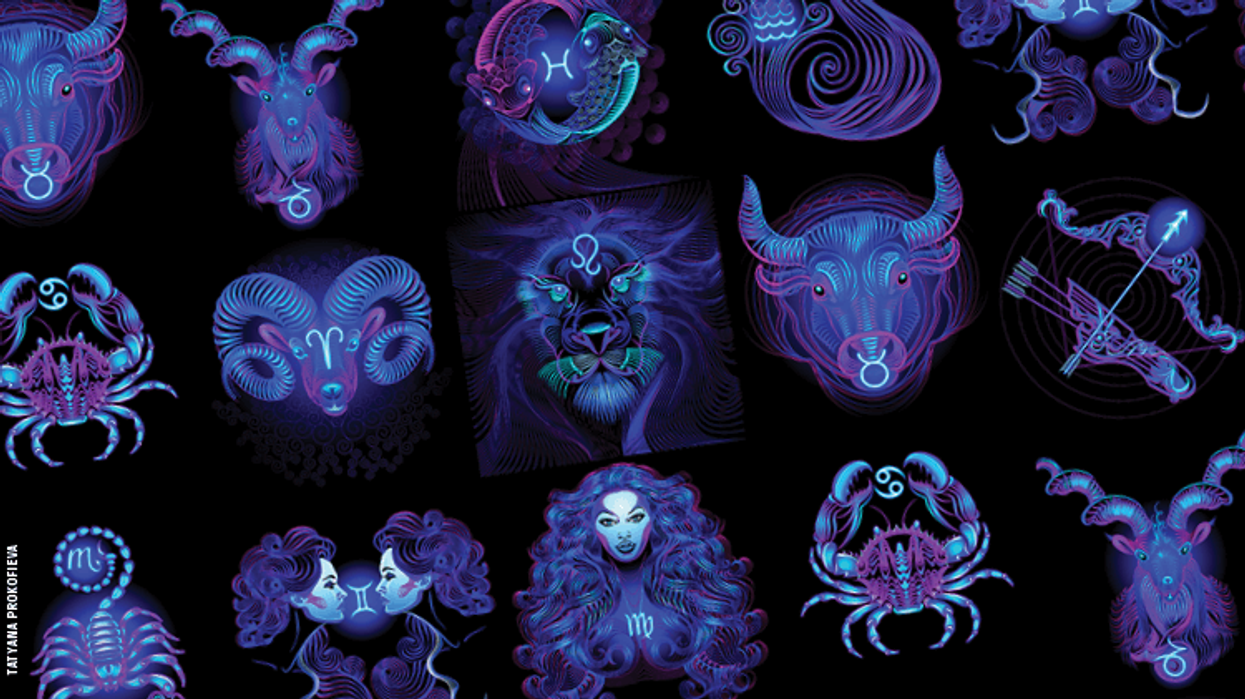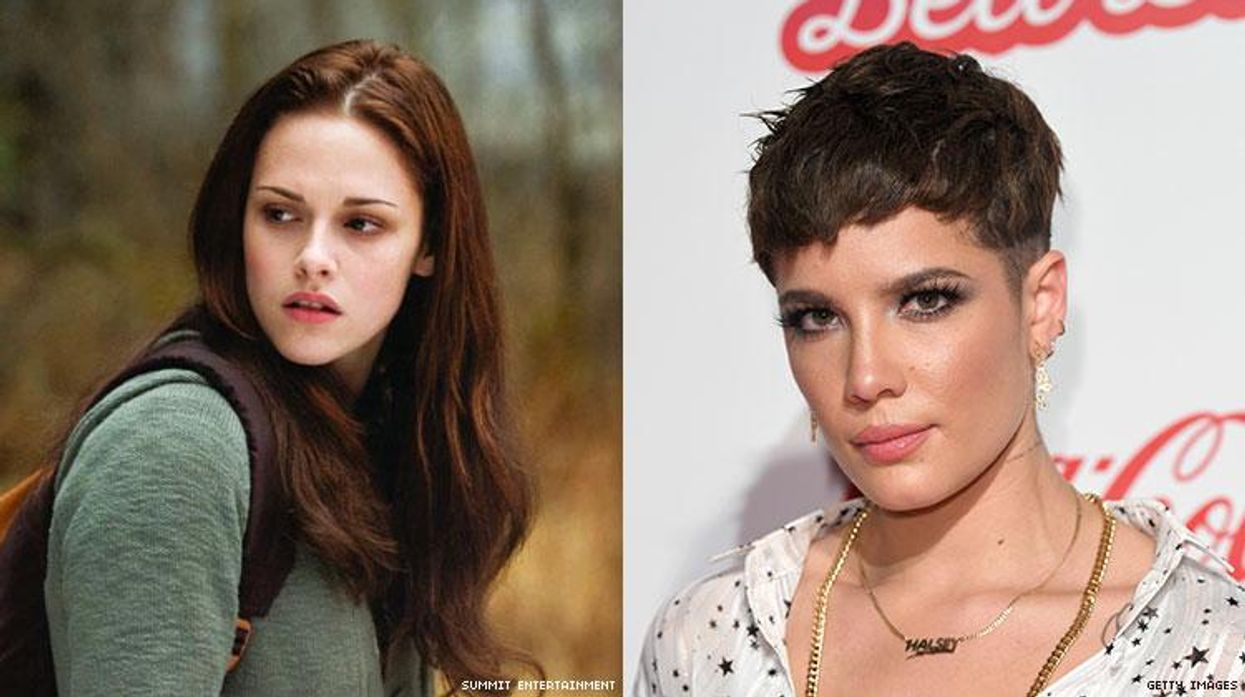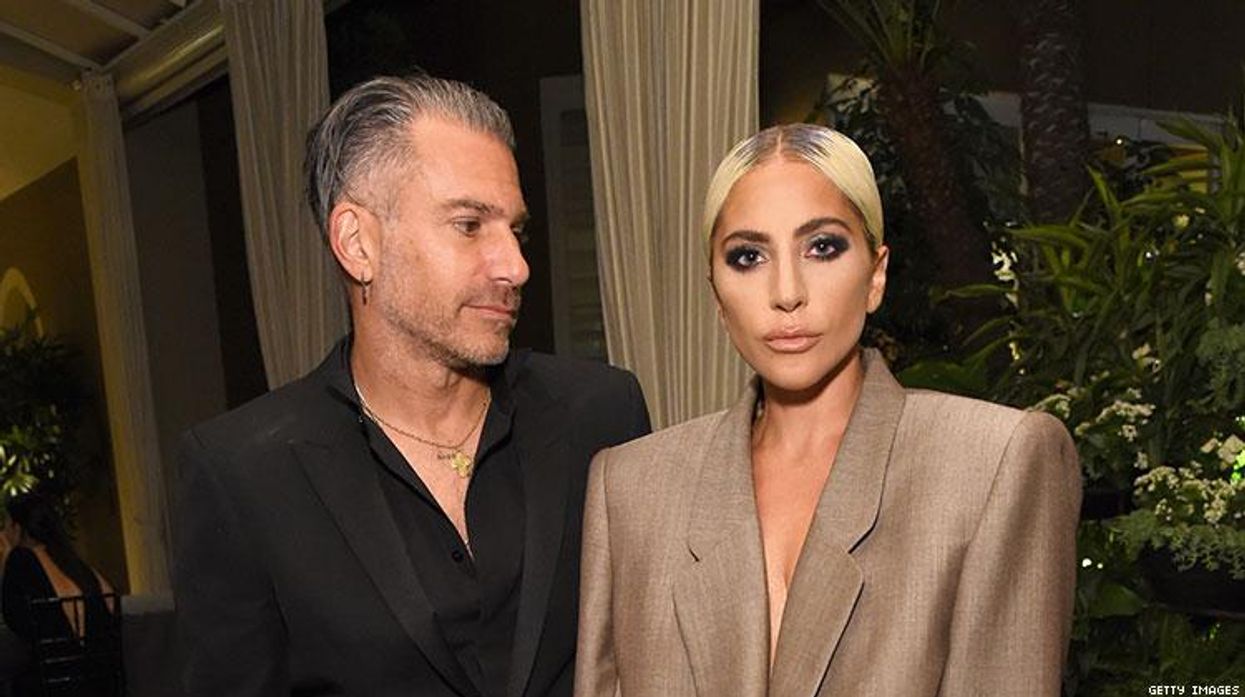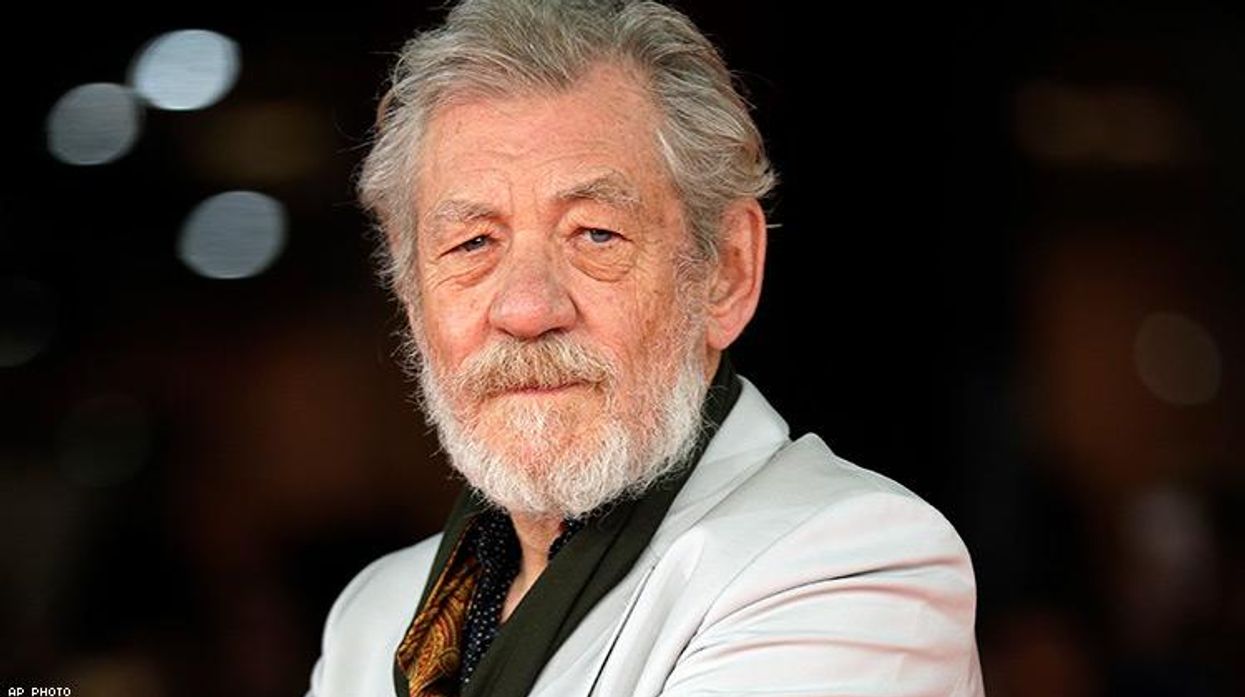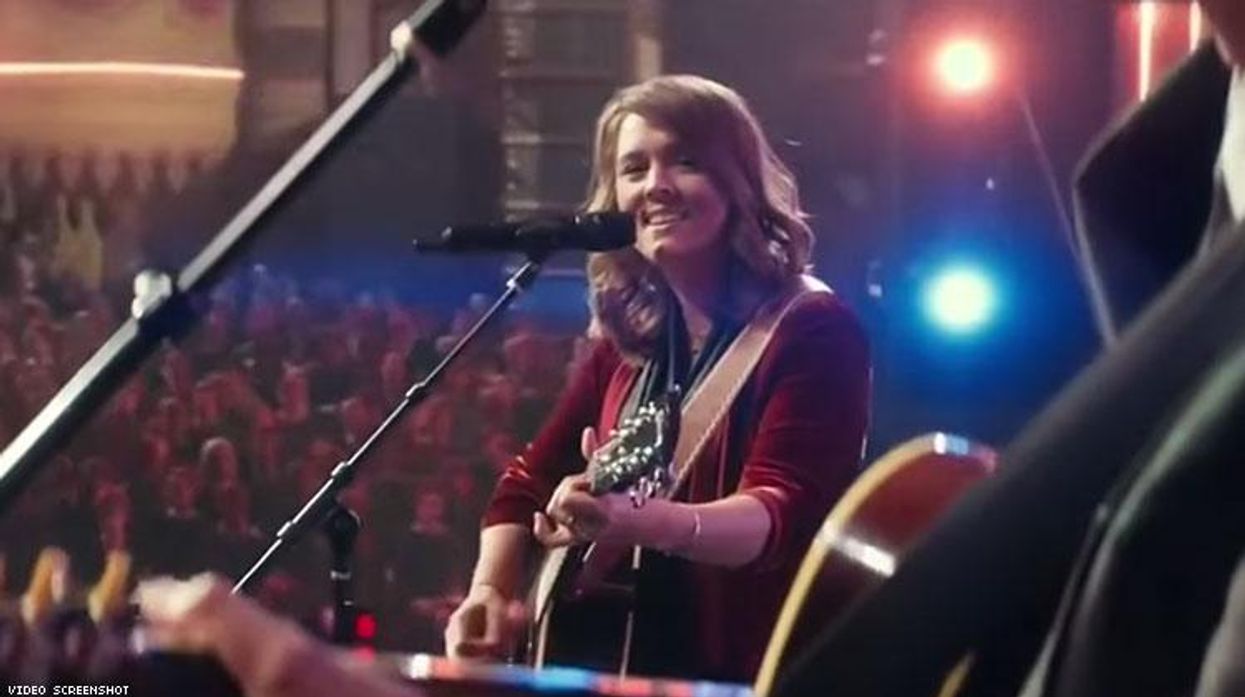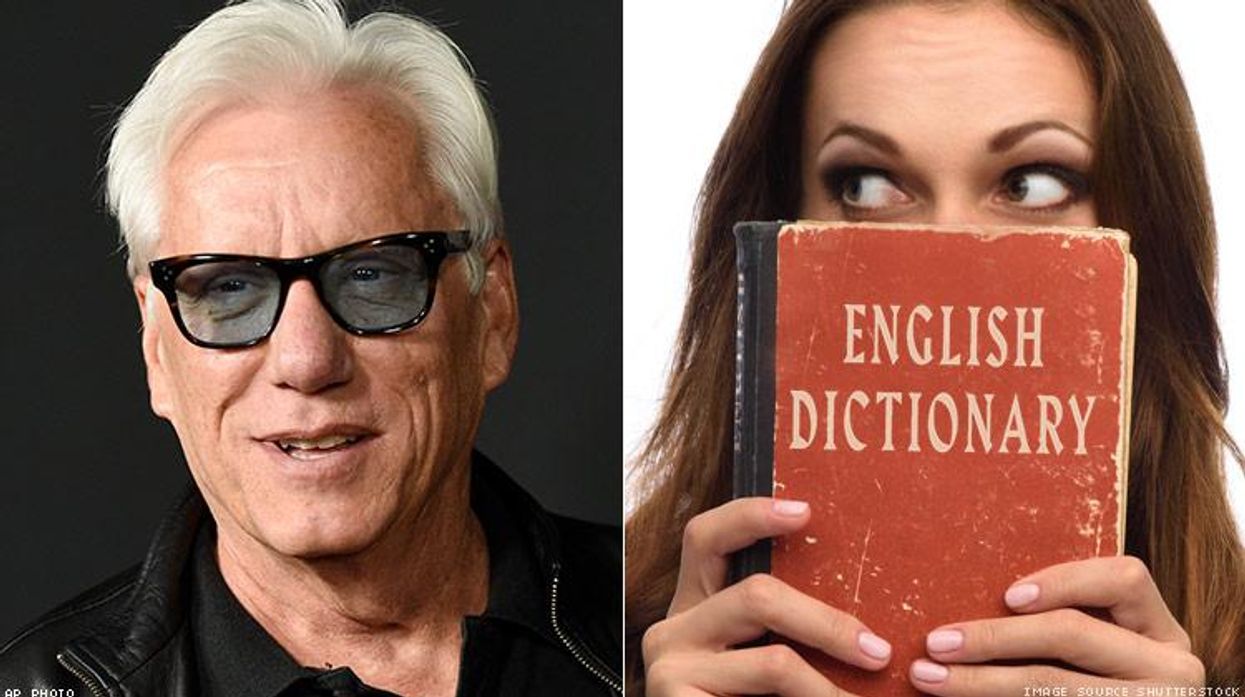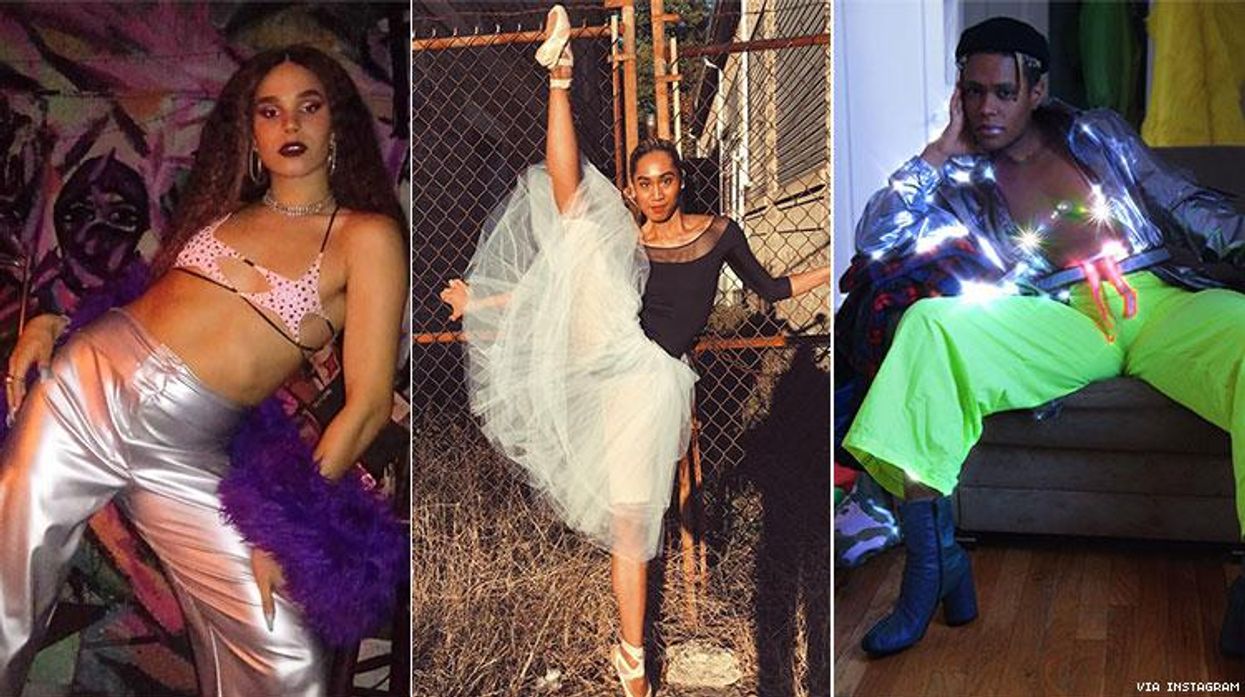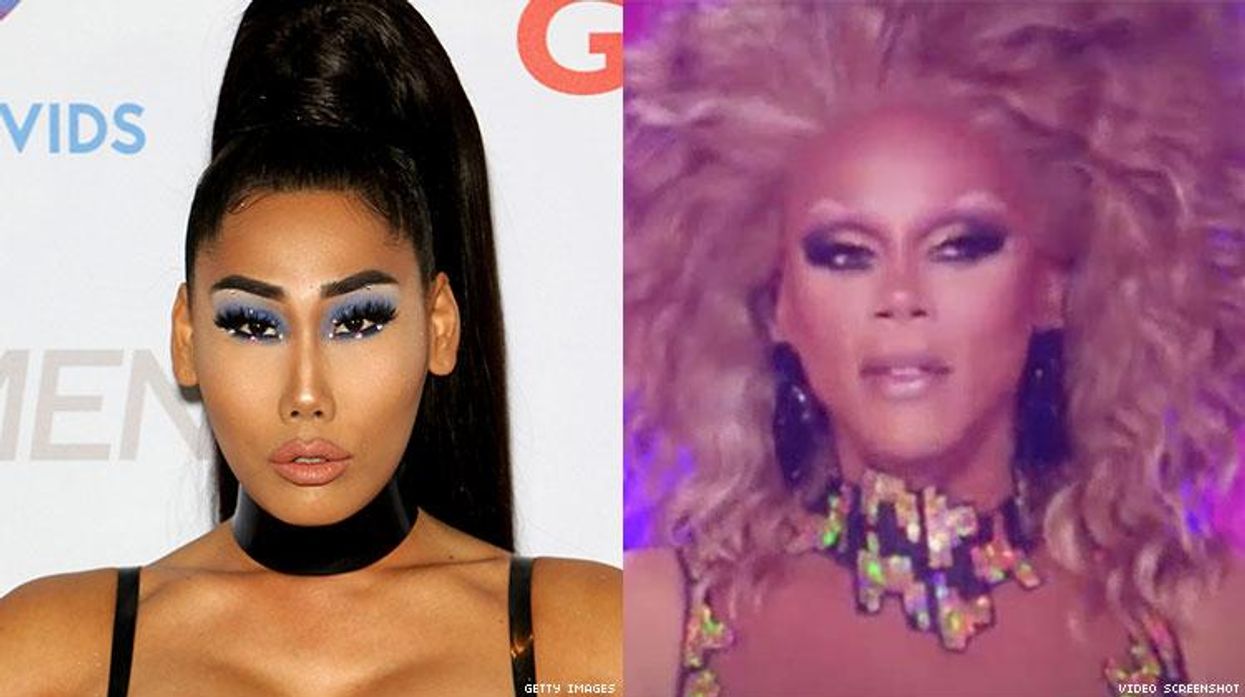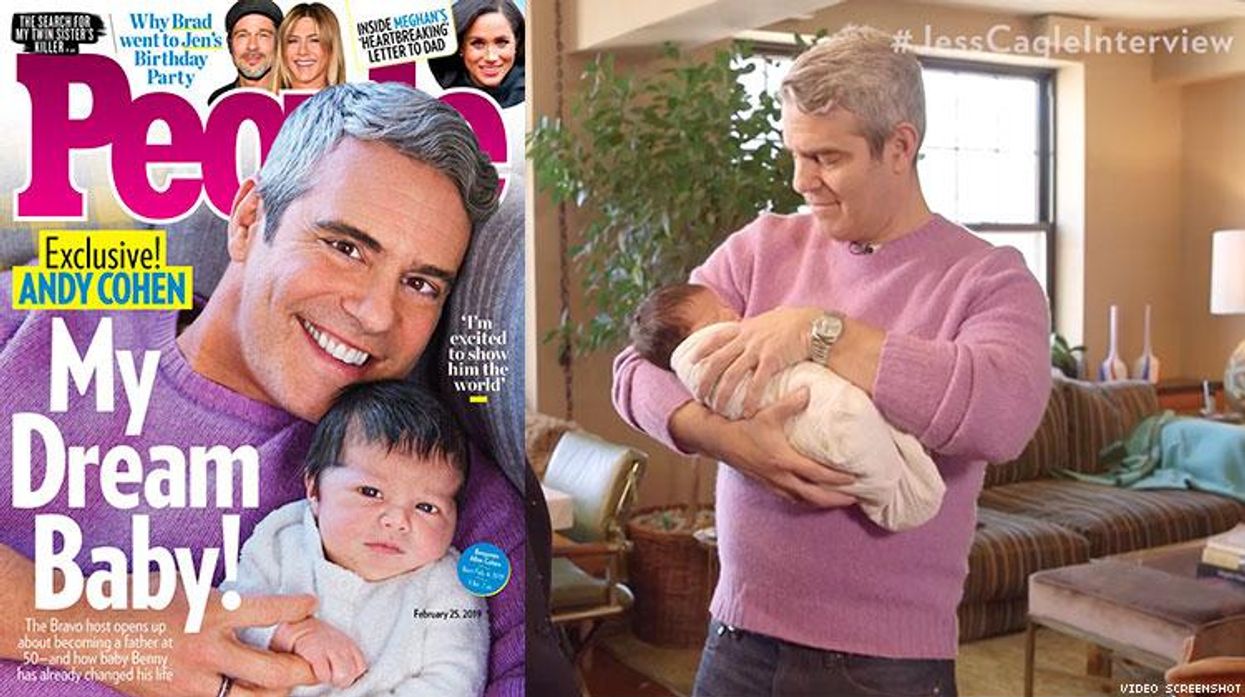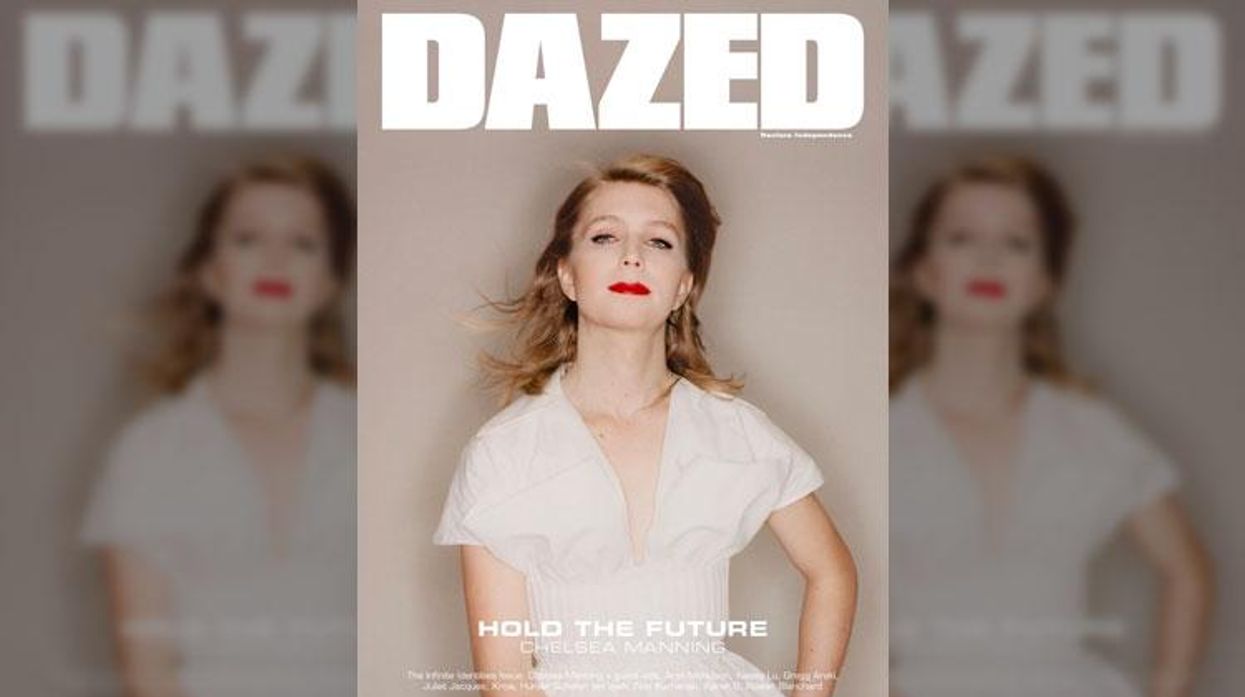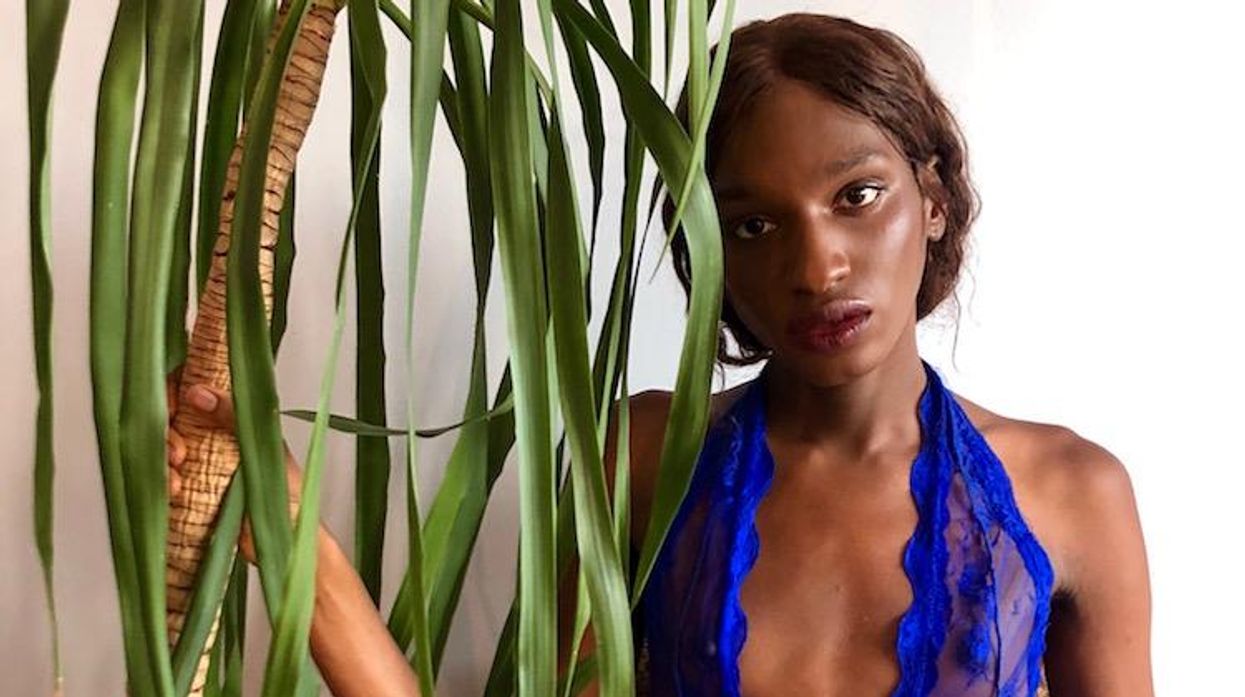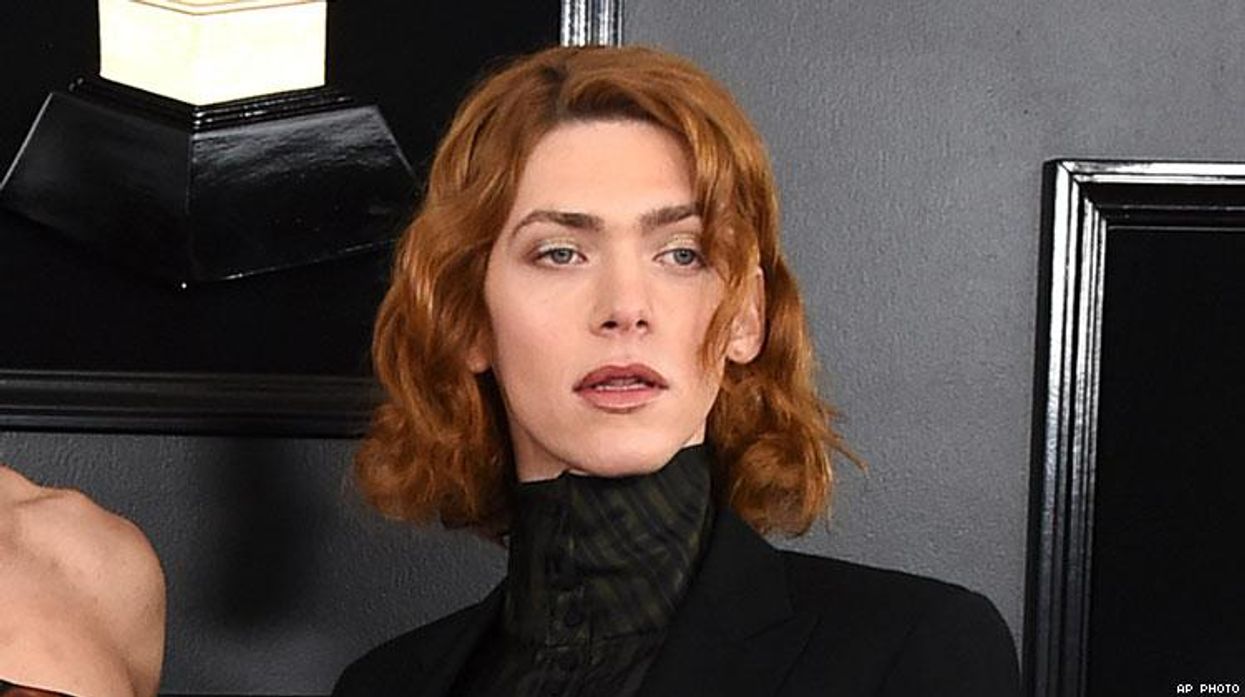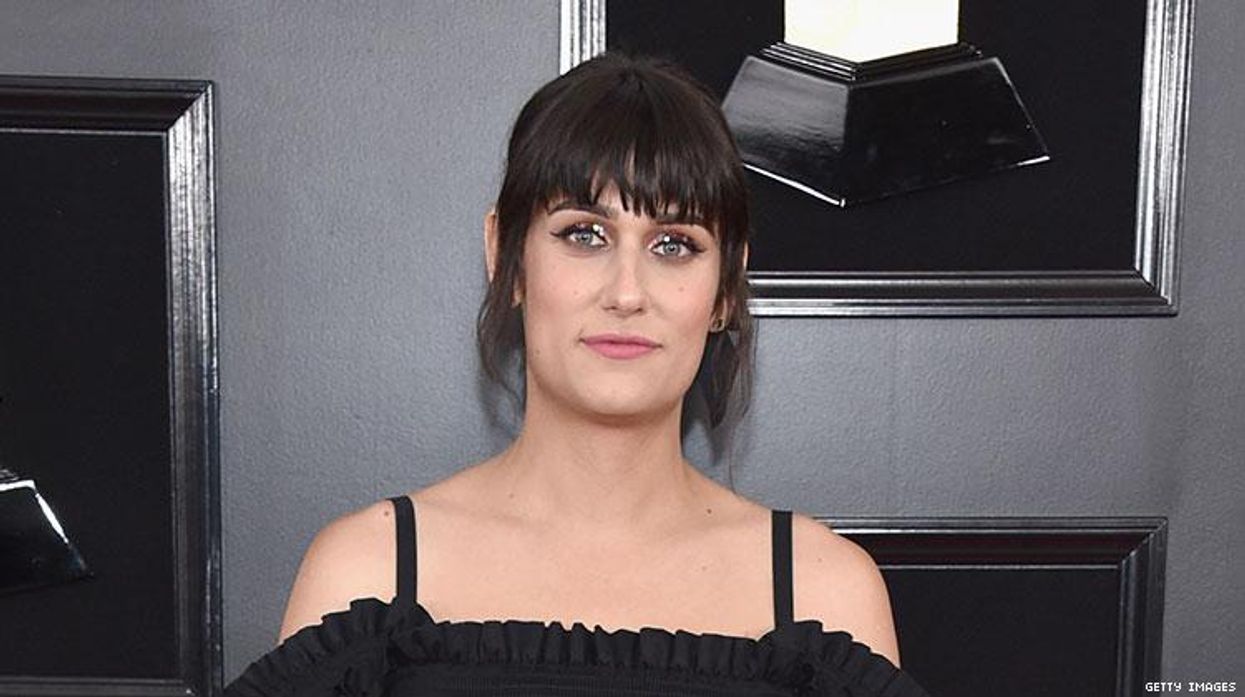With feminist and queer activism underpinning the music, The Shondes have mixed music and politics (and Jewish Klezmer) for years--suprising most critics that they manage to do it without it coming off as overly earnest or preachy. The Brooklyn-based indie rock band concluded its national tour last month for the group's latest album, The Garden, with a show back in Brooklyn. We caught up with Louisa Solomon, the band's lead vocalist, to find out what the band has been up to this past year and before they join Against Me! on their national tour in January.
1. The Garden was a departure from what we had been doing before in that it was a big step into mainstream cultural awareness. Some people have asked if we feel like there are consequences to mainstream success, and I have not experienced negative consequences. I don't feel like I've compromised any integrity or musicianship. I feel like the same people who used to come out to our shows are still coming out to our shows, which includes a lot of queer people and a lot of activists. But we also have a lot of straight, non-activist men who are just really into rock 'n' roll. And I welcome them, too. When I was growing up, "accessibility" was sort of a code for selling out, and I think that's silly. Accessibility shouldn't be a dirty word. Like, here's this random-seeming middle-aged guy finding a way to be moved and connected to what I have to say. I think that's pretty fucking cool.
2. I'm a big Springsteen fan. I grew up with Bruce playing in my house--it was the Born In The USA era--and I though it was cheesy, but I was also fascinated by it. In my adulthood what I came to embrace about Bruce Springsteen was the very believable kind of optimism in his music. It's like: Life is hard and we can talk about all of this hardship. But somehow, we can also keep nurturing the hope that things will get better, that we can make beautiful things and connect with people. In that sense, I think The Shondes have more in common with Bruce Springsteen than any other musician. People often say, "What? You don't sound like Bruce Springsteen." I think one of the main reasons they don't hear it is just the fact of a female vocalist versus that old male rock vocal sound, which is hilarious to me because it's a huge signifier that people sometimes can't see anything else that's going on.
3. The chorus of "On Your Side" has this lyric that sounds like cheesy alt-'90s rock or something, but it's very heartfelt. "Wait, I'm on your side. Punch a hole into the sky." It came from the personal experience of trying to support someone who was going through severe depression. I kept saying, "You're basically living in The Bell Jar, and you need to let some light penetrate the space you're living in." I know for that person, that's not what it feels like; it feels like the light's not there. But I kept thinking: I wish I could punch a hole into that false sky you've constructed for yourself. Again, I know that for people that suffer from depression, it's not that simple. But, I wanted to write a song that talked about the position of feeling so much love for someone and wanting to say, "I hear you that you feel totally contained in this dark, tiny place. Together, we can hopefully transform that."
4. I'm not a comic book nerd, but it just so happens Dr. Manhattan strongly resembles many of my ex-boyfriends. In that song I'm referencing Dr. Manhattan (the character from Watchmen) because he's perfectly emblematic of a particular kind of emotionally detached masculinity. He's so focused on obligation and isn't really able to connect with other human beings. There's this one scene in the book where he's able to simultaneously be sleeping with his girlfriend and conducting experiments in the lab, and that struck me as so ultimately horrible. Like, intimate connection with his partner was on the same level as everything else he had to complete on his list of tasks. I've certainly had this experience, feeling more like a hologram than a full human being, and I feel like many other people have, as well.
5. At some point, Eli and I were in my living room talking about how it seems like you can't write songs about certain topics because they're too uncool. One of those topics is the humiliation you can feel as an artist. "The Promise" is a song about how friendship can help you feel supported when you're having doubts and feel embarrassed about staking your claim in your dream, you know? It's really great to have a friend who can say to you, "You need to keep doing what you're doing. You believe in it, it's important." I don't know any song that will openly say, "I'm fucking embarrassed and humiliated about what I'm doing with my life." People will write songs about failure, but embarrassment? No one wants to feel foolish.
6. I stopped caring about being punk rock, like, 20 years ago. I do think of The Shondes as a rock band that's punk. I don't call us a punk band mostly because my definition of punk is different than what the press usually means when they call you punk. Like, I don't think you hear a lot of The Ramones in The Shondes. It's in there somewhere, I'm sure. But it's more like the bands I grew up listening to: Bikini Kill, Heavens to Betsy, Bratmobile. Of course, Sleater Kinney was the poster child for post-Riot Grrrl music, which has left us endlessly compared to them. So punk is in there, but it's a complicated answer. Like, punk is subversion and punk is DIY. Punk doesn't have to sound any one particular way. I just don't think policing the boundaries of genre is a particularly useful thing to do. I'm not looking to control the way listeners hear us. People should hear our music however they want.
7. We've been making up things the press might say about us. We've been pigeonholed in a lot of ways and named a lot of things that don't feel particularly meaningful or appropriate. When we first formed, the simple fact of there being transgender people in the band seemed like it was itself a story about the music. We're always open to talking about identity, but it just all becomes one catchphrase, which can be limiting and misleading. I mean we're all very committed to justice for trans people and, honestly, for all people. We've all been involved in various kinds of activism and we have a rootedness in the queer community in New York and elsewhere that I hold very dear. But the idea that the identity of some of the band members and the genre of our music are one in the same is bizarre.
Watch The Shondes new music video for "On Your Side" below:


